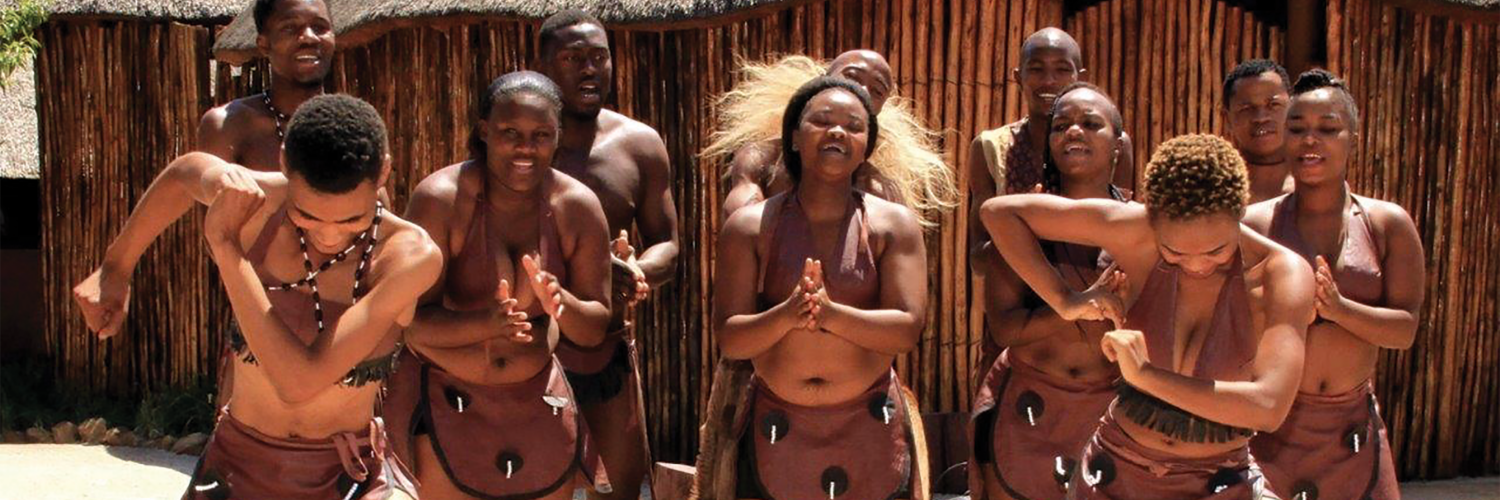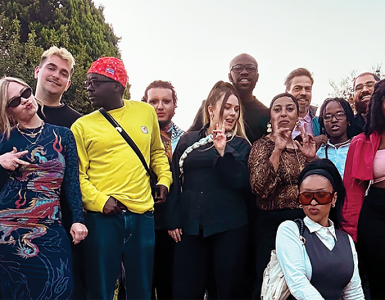HERITAGE: Local chief unveils far-reaching plans to turn the tribal area nestling in the North West mining belt into a tourist hotspot…
By Own Correspondent
The North West province’s Pilanesberg region has long been one of South Africa’s most-visited tourist zones, boasting a rich cultural heritage capped its world-renowned game reserve.
On the other side of the spectrum, the holiday hotspot is peppered with luxury resorts and lodges which attract hordes of local and overseas visitors eager to explore its incredibly rich cultural heritage.
One of Southern Africa’s most fascinating game reserves, Pilanesberg National Park is situated in the ecologically rich transition zone between the Kalahari and the Lowveld – a vast area where big game in a malaria-free environment.
IIn the north-eastern reaches of the Pilanesberg lies the ancestral home of the Bakgatla-ba-Kgafela people, whose tribal capital is the village of Moruleng, which nestles three kilometres from Bakgatla Gate on the edge of the game reserve.
The Bakgatla-ba-Kgafela have lived and worked there since the 1800s, when Kgosi Pilane settled his people at Mmasobudule on the Elands River, in the area known today as the Pilanesberg.
Life at that time wasn’t easy for the Tswana communities north of the Vaal River. They had to deal with cattle raids, inter-tribal battles, droughts, floods, locusts and disease. In 1836 the Voortrekkers (Boers) arrived in the area, looking to occupy land where they could graze their cattle and be free from British rule.
The Bakgatla-ba-Kgafela and the Boers mostly lived peacefully side by side, but soon settler land claims encroached on the land occupied by the Bakgatla-ba-Kgafela and other African communities.
Kgosi Nyalala Pilane, chief of the local Bakgatla tribe, explained: “Over a hundred years ago, my ancestors settled our people, the Bakgatla-ba-Kgafela, on this soil, and the stories that we have to share are fascinating.
“We have already established the state-of-the-art Mphebatho Museum here, which forms one leg of our Heritage Tour package, but we’ve since added other elements, such as Pilane Royal Family Museum and other cultural experiences and tours that now round off our cultural offering.”
The newly designed and implemented heritage tours will provide visitors with an engaging and immersive experience. Regular visitors to the region will also discover a new aspect to their Pilanesberg sojourn, of which they may have been entirely unaware. Apart from the game reserve, there are the luxury hotel getaways which are a convenient springboard for sight-seeing excursions into the area.
Although it will expose guests to the wonder of the local wildlife, The Pilanesberg Heritage Game Drive will also afford visitors a stop-over at the gravesites of departed Bakgatla kings, and a look at the ruins of lost tribal villages.
Another attraction within this new initiative is the newly opened Pilane Royal Family Museum, in Lekutung Village, at the royal home of the chief. Kgosi Pilane says the tours extend beyond the academic realm: “Although visitors are sure to learn a lot about our history and traditions, they will also be able to actively partake in the local customs, and even dance into the night, to the vibrant rhythms of our people.”
The Bakgatla tribe has established relationships with local hotels, lodges and resorts such as Ivory Tree Lodge, Shepherd’s Tree lodges; and others in the Pilanesberg area. These luxury heritage tours can be booked with select destinations located in the Pilanesberg.
In addition, there is also a luxury shuttle option available for all visitors who would like to explore the Pilanesberg during the day and explore Sun City Resort’s “Night life After-Hours”.
“Even though this comprehensive Heritage Tour package has only just kicked off, the interest that it has generated is already palpable,” says Kgosi Pilane.
“Apart from celebrating our traditions and keeping them alive, the initiative is providing exciting employment opportunities for the residents of our community. In short, it’s a win-win situation for tourists and locals alike,” he says.

































